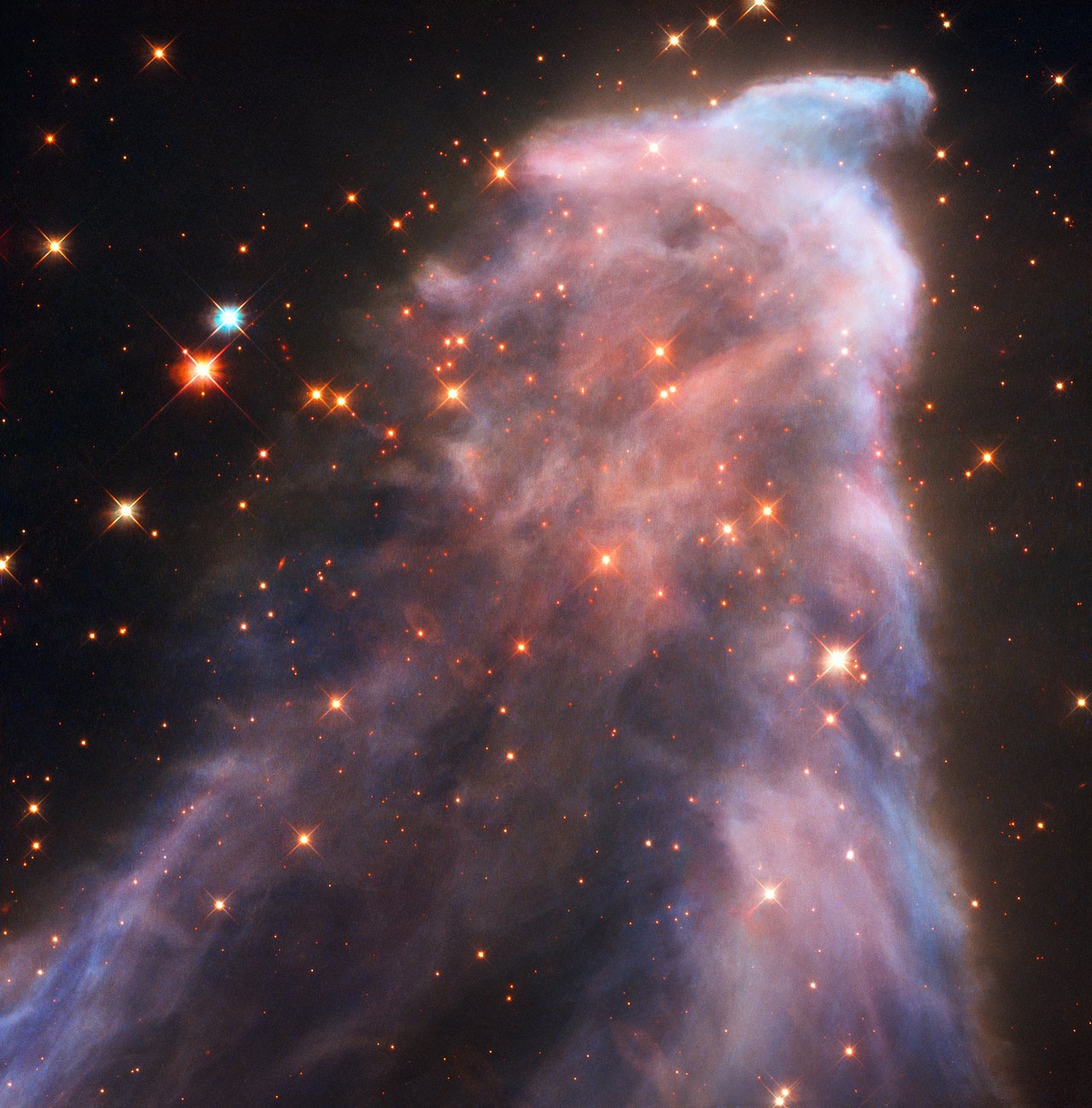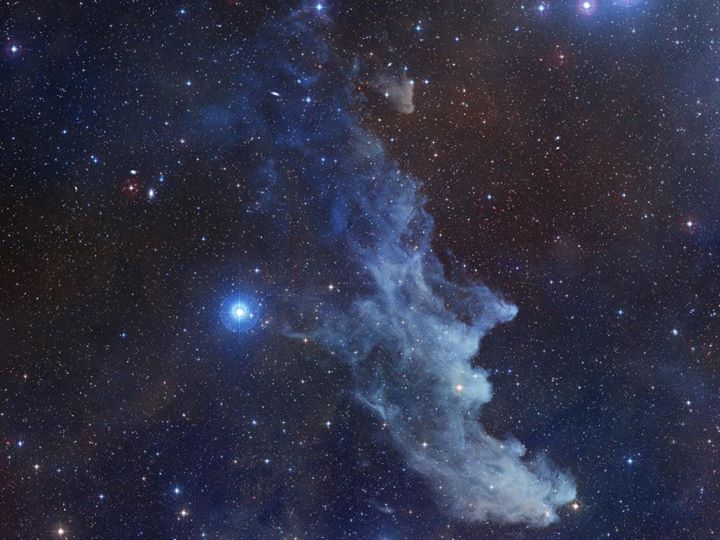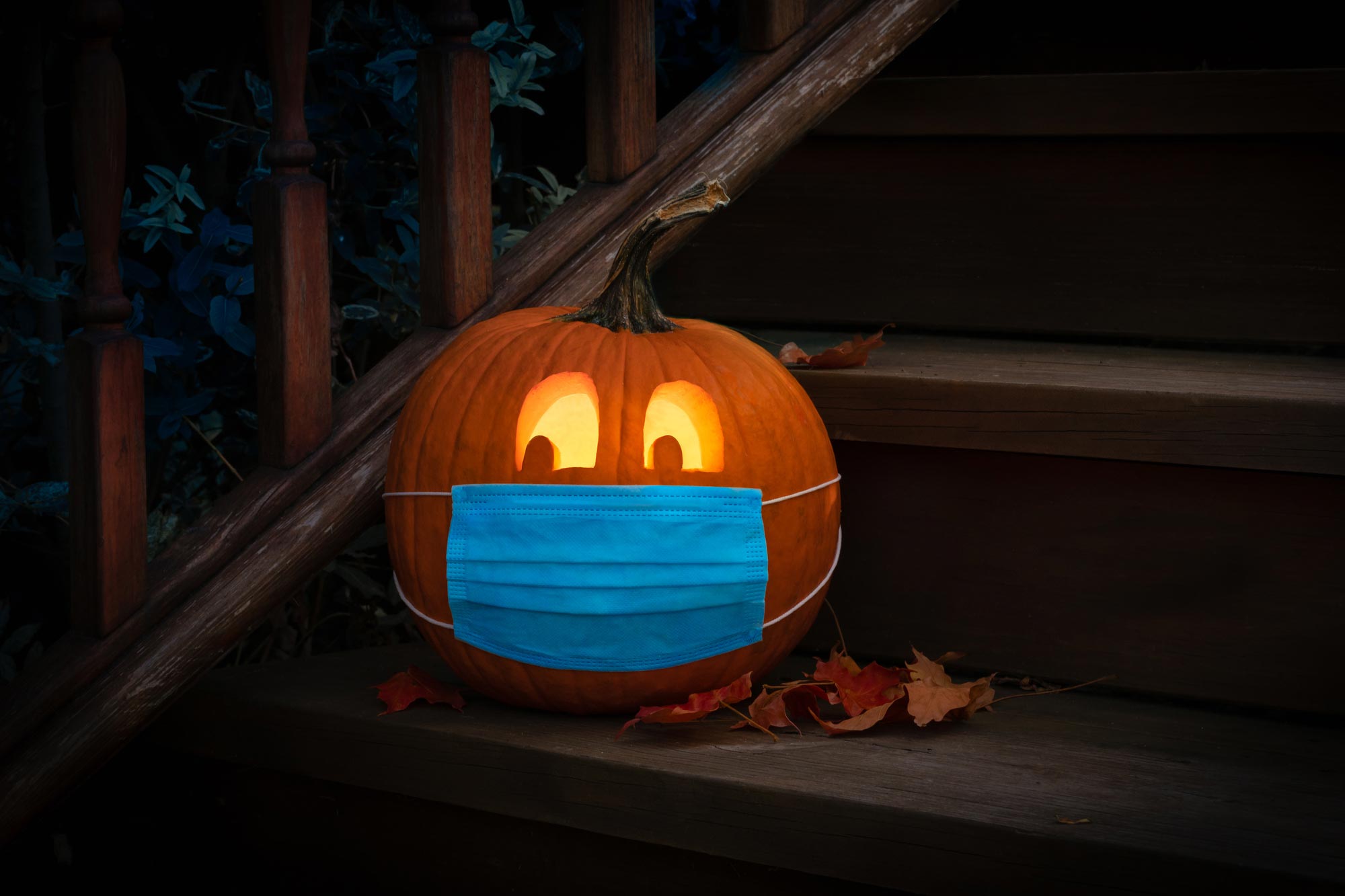William Sebastian “Sabby” Lewis (November 1, 1914 in Middleburgh, North Carolina – July 9, 1994) was a jazz pianist, band leader, and arranger.
Lewis was born in Middleburgh, North Carolina, but was raised in Philadelphia. He started taking piano lessons when he was 5 and moved to Boston in 1932. After working with Tasker Crosson’s Ten Statesmen in 1934, Lewis organized his own 7-piece band in 1936.
In the late 30s and early 40s Sabby Lewis and his band were mainstays at notable Boston jazz venues such as the Roseland-State Ballroom, Egleston Square Gardens, and The Savoy Café.
In 1942, Lewis’ band won a listener contest on a broadcast from the Statler Hotel’s Terrace Room in Boston. The contest, sponsored by the F.W. Fitch Company, was to select a band to appear regularly on NBC’s The Fitch Bandwagon, heard on 120 stations at the time.
Though Lewis did not tour frequently nor leave Boston often, he did perform on Broadway and in ballrooms and clubs in Manhattan such as Kelly’s Stables, the Zanzibar and the Famous Door. He performed with Dinah Washington and Billy Eckstine. “I recall one night at the Famous Door when Count Basie checked out the band,” Lewis said. “He stood just inside the door and listened and left without saying a word. The next night I received a telegram from the Count. It contained three words: Rock ’em, Pops.
During World War II, Lewis’ orchestra included long-time Ellington tenor saxophonist Paul Gonsalves, and drummer Alan Dawson spent much of the 1950s in the band. Other notable alumni of the Lewis band included trumpeter Cat Anderson, Sonny Stitt, Roy Haynes, Al Morgan, Idrees Sulieman and Joe Gordon.
see full post...https://www.youtube.com/watch?v=K3L-nJMyMPI
see full post...IC 63 — nicknamed the Ghost Nebula — is about 550 light-years from Earth. The nebula is classified as both a reflection nebula — as it is reflecting the light of a nearby star — and as an emission nebula — as it releases hydrogen-alpha radiation. Both effects are caused by the gigantic star Gamma Cassiopeiae. The radiation of this star is also slowly causing the nebula to dissipate.

Ali Ibrahim “Ali Farka” Touré (31 October 1939 – 6 March 2006) was a Malian singer and multi-instrumentalist, and one of the African continent’s most internationally renowned musicians. His music blends traditional Malian music and its derivative, North American blues. Touré was ranked number 76 on Rolling Stone‘s list of “The 100 Greatest Guitarists of All Time” and number 37 on Spin magazine’s “100 Greatest Guitarists of All Time”.
Touré was born in 1939 in the village of Kanau, on the banks of the Niger River in Gourma-Rharous Cercle in the northwestern Malian region of Tombouctou. His family belonged to the Arma community and moved to the nearby village of Niafunké when he was still an infant. His father died serving in the French Army in 1940. He was the tenth son of his mother but the only one to survive past infancy. “The name I was given was Ali Ibrahim, but it’s a custom in Africa to give a child a strange nickname if you have had other children who have died”, Touré was quoted as saying in a biography on his record label, World Circuit Records. His nickname, “Farka”, chosen by his parents, means “donkey“, an animal admired for its tenacity and stubbornness: “Let me make one thing clear. I’m the donkey that nobody climbs on!” Ethnically, he was part Songhai, part Fula.
As the first African bluesman to achieve widespread popularity on his home continent, Touré was often known as “the African John Lee Hooker“.Musically, the many superpositions of guitars and rhythms in his music were similar to John Lee Hooker’s hypnotic blues style. He usually sang in one of several African languages, mostly Songhay, Fulfulde, Tamasheq or Bambara as on his breakthrough album, Ali Farka Touré, which established his reputation in the world music community.
https://www.youtube.com/watch?v=BQCKm8lBTI4
see full post...Thomas Richard Paxton (born October 31, 1937) is an American folk singer-songwriter who has had a music career spanning more than fifty years. In 2009, Paxton received a Grammy Lifetime Achievement Award. He is noteworthy as a music educator as well as an advocate for folk singers to combine traditional songs with new compositions.
Paxton’s songs have been widely recorded, including modern standards such as “The Last Thing on My Mind“, “Bottle of Wine“, “Whose Garden Was This”, “The Marvelous Toy”, and “Ramblin’ Boy”. Paxton’s songs have been recorded by Pete Seeger, Bob Dylan, The Weavers, Judy Collins, Sandy Denny, Joan Baez, Doc Watson, Harry Belafonte, Peter, Paul and Mary, The Seekers, Marianne Faithfull, The Kingston Trio, the Chad Mitchell Trio, John Denver, Dolly Parton and Porter Wagoner, Johnny Cash, Willie Nelson, Flatt & Scruggs, The Move, The Fireballs, and many others (see covers).
Paxton was born on October 31, 1937, in Chicago, Illinois, United States, to Burt and Esther Paxton. His father was “a chemist, mostly self-educated”, and as his health began to fail him, the family moved to Wickenburg, Arizona. It was here that young Paxton began riding horses at the numerous dude ranches in the area. It was also here that he was first introduced to folk music, discovering the music of Burl Ives and others.
see full post...Booker Telleferro Ervin II (October 31, 1930 – August 31, 1970)[1] was an American tenor saxophone player. His tenor playing was characterised by a strong, tough sound and blues/gospel phrasing. He is best known for his association with bassist Charles Mingus.
Ervin was born in Denison, Texas, United States. He first learned to play trombone at a young age from his father, who played the instrument with Buddy Tate. After leaving school, Ervin joined the United States Air Force, stationed in Okinawa, during which time he taught himself tenor saxophone. After completing his service in 1953, he studied at Berklee College of Music in Boston. Moving to Tulsa in 1954, he played with the band of Ernie Fields.
After stays in Denver and Pittsburgh, Ervin moved to New York City in spring 1958, initially working a day job and playing jam sessions at night. Ervin then worked with Charles Mingus regularly from late 1958 to 1960, rejoining various outfits led by the bassist at various times up to autumn 1964, when he departed for Europe. During the mid- 1960s, Ervin led his own quartet, recording for Prestige Records with, among others, ex-Mingus associate pianist Jaki Byard, along with bassist Richard Davis and Alan Dawson on drums.
see full post...Jean-Baptiste “Illinois” Jacquet (October 30, 1922 – July 22, 2004) was an American jazz tenor saxophonist, best remembered for his solo on “Flying Home“, critically recognized as the first R&B saxophone solo.
Although he was a pioneer of the honking tenor saxophone that became a regular feature of jazz playing and a hallmark of early rock and roll, Jacquet was a skilled and melodic improviser, both on up-tempo tunes and ballads. He doubled on the bassoon, one of only a few jazz musicians to use the instrument.
Jacquet’s parents were Creoles of color, named Marguerite Trahan and Gilbert Jacquet, When he was an infant, his family moved from Louisiana to Houston, Texas and he was raised there as one of six siblings. His father was a part-time bandleader. As a child he performed in his father’s band, primarily on the alto saxophone. His older brother Russell Jacquet played trumpet and his brother Linton played drums.
At 15, Jacquet began playing with the Milton Larkin Orchestra, a Houston-area dance band. In 1939, he moved to Los Angeles, California, where he met Nat King Cole. Jacquet would sit in with the trio on occasion. In 1940, Cole introduced Jacquet to Lionel Hampton who had returned to California and was putting together a big band. Hampton wanted to hire Jacquet, but asked the young Jacquet to switch to tenor saxophone.
see full post...Julia Lee (October 31, 1902 – December 8, 1958) was an American blues and dirty blues musician. Her inclusion in the latter category is mainly due to a few numbers she performed, e.g. “King Size Papa” and “Snatch and Grab It” and “I Didn’t Like It The First Time (The Spinach Song)”. However, it would be misleading to characterize her music as always being in this vein.
Born in Boonville, Missouri, Lee was raised in Kansas City, and began her musical career around 1920, singing and playing piano in her brother George Lee’s band, which for a time also included Charlie Parker. She first recorded on the Merritt record label in 1927 with Jesse Stone as pianist and arranger, and launched a solo career in 1935.
see full post...Grace Slick (born Grace Barnett Wing, October 30, 1939) is a retired American singer-songwriter and artist who was a key figure in San Francisco’s burgeoning psychedelic music scene in the mid-1960s. Her music career spanned four decades. She performed with The Great Society, Jefferson Airplane, Jefferson Starship and Starship. She also had a sporadic solo career. Slick provided vocals on a number of well-known songs, including “Somebody to Love“, “White Rabbit“, “We Built This City“, and “Nothing’s Gonna Stop Us Now“.
Grace Barnett Wing was born October 30, 1939, in the Chicago suburb of Highland Park, Illinois, to Ivan Wilford Wing (1907–1987), of Norwegian and Swedish descent, and Virginia Wing (née Barnett; 1910–1984). Her parents met while they were both students at the University of Washington,and later married. In 1949, her brother Chris was born. Her father, working in the investment banking sector for Weeden and Company, was transferred several times when she was a child, and in addition to the Chicago metropolitan area, she lived in Los Angeles and San Francisco, California, before her family finally settled in Palo Alto in the early 1950s.
see full post...IC 2118 (its official name) is a large nebula found about 900 light-years away, near the super-giant Rigel in the Orion constellation. The Witch Head has a deep blue color (as opposed to the typical green hue often associated with the Wicked Witch of the West). This color not only comes from the blue light emitted by Rigel, but it also comes from the nebula’s dust, which happens to reflect blue light most efficiently (this same principle is the reason Earth’s sky appears blue).

Trilok Gurtu (Kashmiri: ترلوک گرٹو, Marathi: त्रिलोक गुर्टू) (born 30 October 1951) is an Indian percussionist and composer whose work has blended the music of India with jazz fusion and world music.
He has worked with Terje Rypdal, Gary Moore, John McLaughlin, Jan Garbarek, Joe Zawinul, Michel Bisceglia, Bill Laswell, Maria João & Mário Laginha, and Robert Miles.
Gurtu was born to Hindu Brahmin parents in Mumbai, India; he had a Kashmiri Pandit father and a Marathi mother. He attended Don Bosco High School (Matunga) in Mumbai. His mother, the famous Hindustani classical and semi-classical vocalist Shobha Gurtu, encouraged him to learn playing tabla, and he received formal training in percussion from Shah Abdul Karim.
see full post...Poncho Sánchez (born Filoberto Sanchez , October 30, 1951) is an American conguero (conga player), Latin jazz band leader, and salsa singer. In 2000, he and his ensemble won the Grammy Award for Best Latin Jazz Album for their work on the Concord Picante album Latin Soul. Sanchez has performed with artists including Cal Tjader, Mongo Santamaría, Hugh Masekela, Clare Fischer, and Tower of Power.
The youngest of eleven children, Poncho Sanchez was born in Laredo, Texas and reared in Norwalk, California. Growing up, he was exposed to and influenced by two different styles of music: Afro-Cuban music (mambo, son, cha-cha, rumba, guaracha, and Changui) by Tito Puente and others, and bebop jazz, including the works of Dizzy Gillespie and Charlie Parker.
Originally a guitarist, he discovered his talent for singing during an audition for the R&B band The Halos that rehearsed across the street from his residence. Sanchez became the lead vocalist of The Halos, and would go on to teach himself the flute, the drums, and timbales before finally deciding in high school to pursue conga drumming above all.
Sanchez has released dozens of LP and CD albums.
see full post...Clifford Benjamin Brown[1] (October 30, 1930 – June 26, 1956) was an American jazz trumpeter. He died at the age of 25 in a car accident,[2]leaving behind four years’ worth of recordings. He was also a composer of note: his compositions “Sandu,” “Joy Spring,”[3] and “Daahoud“[4] have become jazz standards.[5]
Brown won the Down Beat critics’ poll for New Star of the Year in 1954; he was inducted into the DownBeat Jazz Hall of Fame in 1972 in the critics’ poll.[2] He influenced later jazz trumpeters such as Booker Little, Freddie Hubbard, and Lee Morgan.
Brown was born into a musical family in a progressive East-Side neighborhood of Wilmington, Delaware. His father organized his four youngest sons, including Clifford, into a vocal quartet. Around age ten, Brown started playing trumpet at school after becoming fascinated with the shiny trumpet his father owned. At age thirteen, upon entering senior high, his father bought him his own trumpet and provided him with private lessons. As a junior in high school, he received lessons from Robert Boysie Lowery and played in “a jazz group that Lowery organized.” He even began making trips to Philadelphia. Brown took pride in his neighborhood and earned a good education from Howard High. In June 1956, Brown and Richie Powell embarked on a drive to Chicago for their next appearance. Powell’s wife Nancy was at the wheel so that Clifford and Richie could sleep. While driving at night in the rain on the Pennsylvania Turnpike, west of Bedford, she is presumed to have lost control of the car, which went off the road, killing all three in the resulting crash. Brown is buried in Mt. Zion Cemetery, in Wilmington, Delaware.
see full post...Attilio Joseph “Teo” Macero (October 30, 1925 – February 19, 2008) was an American jazz saxophonist, composer, and record producer. He was a producer at Columbia Records for twenty years. Macero produced Miles Davis‘ Bitches Brew, and Dave Brubeck’s Time Out, which are two of the best-selling and most influential jazz albums of all time. Although the extent of his role has been disputed, he also has been associated with the production of Davis’ 1959 album Kind of Blue, jazz’s best-selling record.
Teo Macero was born and raised in Glens Falls, New York. After serving in the United States Navy, he moved to New York City in 1948 to attend the Juilliard School of Music. He studied composition, and graduated from Juilliard in 1953 with Bachelor’s and Master’s degrees.
In 1953, Macero co-founded Charles Mingus‘ Jazz Composers Workshop, and became a major contributor to the New York City avant-garde jazz scene. As a composer, Macero wrote in an atonal style, as well as in third stream, a synthesis of jazz and classical music. He performed live, and recorded several albums with Mingus and the other Workshop members over the next three years, including Jazzical Moods (in 1954) and Jazz Composers Workshop (in 1955).
https://www.youtube.com/watch?v=NlSPQE-AMtE
see full post...